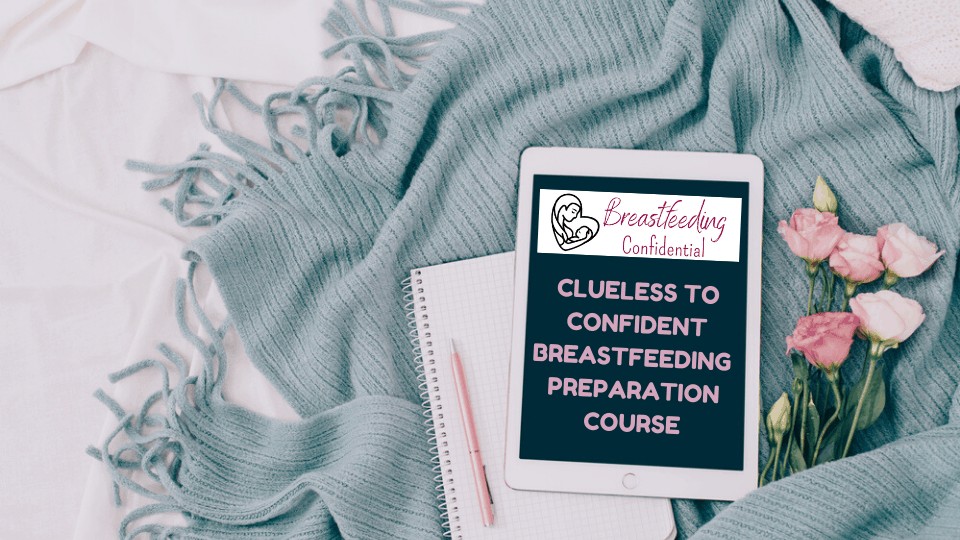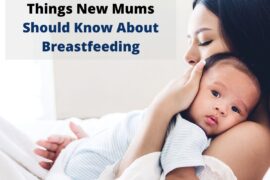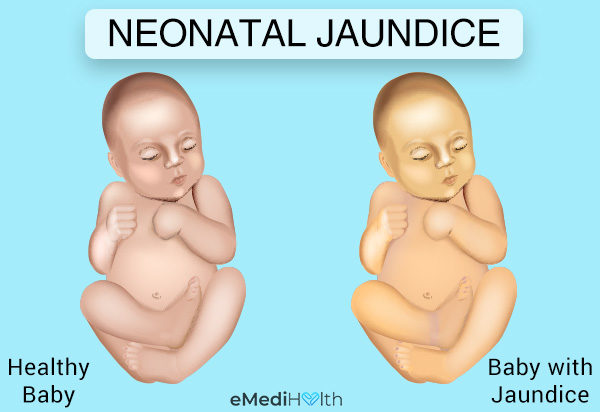Pregnancy is a time of profound physical and emotional changes, and it’s also a period when many women reassess their dietary choices. If you’re considering vegetarianism while pregnant, it’s essential to understand that it’s entirely possible to maintain a healthy and well-balanced diet. In this article, we’ll explore the ins and outs of being a vegetarian during pregnancy, offering guidance on how to make nutritious choices that support both you and your growing baby.
Can I Be a Vegetarian While Pregnant? A Guide to Healthy Eating During Pregnancy
Understanding Vegetarianism
Before delving into the specifics of a vegetarian pregnancy, it’s important to understand the different types of vegetarian diets:
- Lacto-Ovo Vegetarians: These individuals exclude meat, fish, and poultry but include dairy products and eggs in their diet.
- Lacto-Vegetarians: Lacto-vegetarians avoid meat, fish, poultry, and eggs but include dairy products.
- Ovo-Vegetarians: Ovo-vegetarians eliminate meat, fish, poultry, and dairy products but include eggs.
- Vegans: Vegans abstain from all animal products, including meat, fish, poultry, dairy, eggs, and even honey.
Can I Be a Vegetarian While Pregnant?
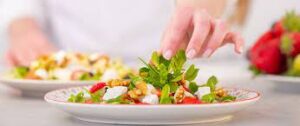
Yes, you can absolutely maintain a vegetarian diet throughout your pregnancy. The key is to ensure that you’re getting the necessary nutrients for both you and your growing baby. Here’s how:
Balanced Diet
A balanced diet is essential for all pregnant women, vegetarian or not. Ensure that your meals include a variety of foods from different food groups, such as:
- Fruits and vegetables
- Whole grains
- Legumes (beans, lentils, chickpeas)
- Nuts and seeds
- Dairy products (if you’re a Lacto-vegetarian)
- Eggs (if you’re a lacto-ovo vegetarian)
- Plant-based protein sources (tofu, tempeh, seitan)
Protein
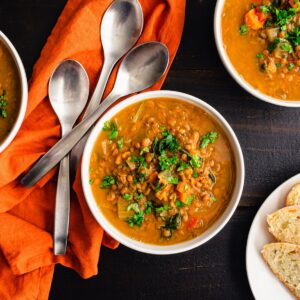
Protein is crucial for your baby’s growth and development. Vegetarian sources of protein include legumes, nuts, seeds, tofu, and dairy or eggs (depending on your type of vegetarian diet). Aim to include protein-rich foods in every meal.
Iron
Iron is essential for preventing anemia during pregnancy. Vegetarian sources of iron include lentils, beans, tofu, fortified cereals, and leafy green vegetables. To enhance iron absorption, pair these foods with vitamin C-rich foods like citrus fruits or bell peppers.
Calcium
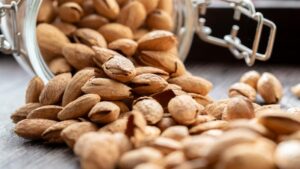
Calcium is vital for the development of your baby’s bones and teeth. If you’re not consuming dairy, consider fortified plant-based milk alternatives, calcium-set tofu, almonds, and leafy green vegetables. Consult your healthcare provider for calcium supplement recommendations if necessary.
Vitamin B12
Vitamin B12 is primarily found in animal products. If you’re vegan, consider fortified foods like plant-based milk or breakfast cereals, or consult your healthcare provider about vitamin B12 supplements.
Omega-3 Fatty Acids
Omega-3 fatty acids, particularly DHA, are important for your baby’s brain and eye development. Vegan sources of DHA include algal oil supplements. Vegetarian sources may include microalgae or flaxseeds.
Folate
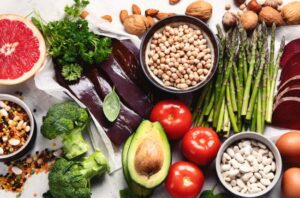
Folate (folic acid) is crucial for preventing birth defects. Vegetarian sources of folate include leafy greens, lentils, and fortified foods like cereals and bread.
Hydration
Staying hydrated is vital during pregnancy. Water and herbal teas are excellent choices. Limit caffeine intake and avoid alcohol.
Smaller, More Frequent Meals
Eating smaller, more frequent meals can help prevent nausea and manage your appetite. It’s a good strategy to ensure you’re getting the necessary nutrients without overeating.
Prenatal Supplements
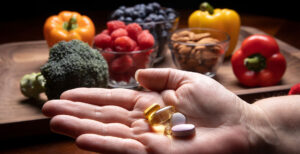
Consider taking a prenatal vitamin to ensure you’re meeting all your nutritional needs, especially if your diet is restrictive. Consult your healthcare provider to determine the right prenatal supplement for you.
Regular Monitoring
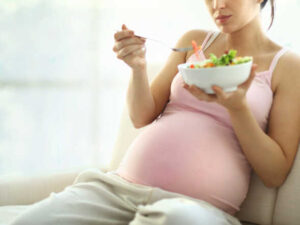
Regular prenatal check-ups and consultations with a registered dietitian or nutritionist can provide valuable guidance and help you ensure that you and your baby are receiving the proper nutrition.
Being a vegetarian during pregnancy is not only possible but also a healthy choice when approached with a well-balanced and nutritionally sound diet. By incorporating a variety of plant-based foods and, if necessary, supplements, you can ensure that both you and your growing baby receive the essential nutrients needed for a healthy and successful pregnancy. Consult with your healthcare provider to tailor your dietary choices to your specific needs and circumstances, and enjoy this special time in your life with the confidence that you’re making the best choices for you and your baby.




